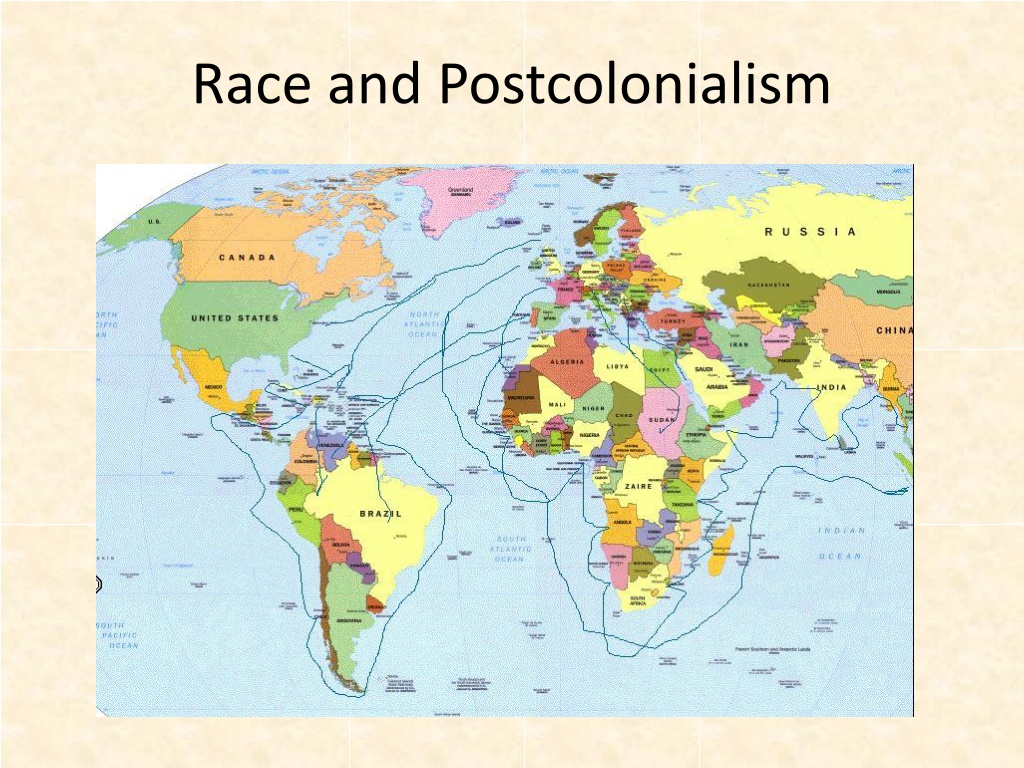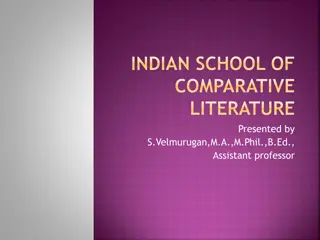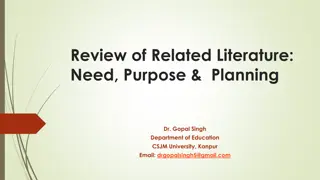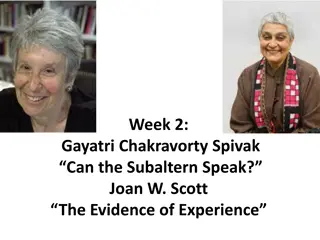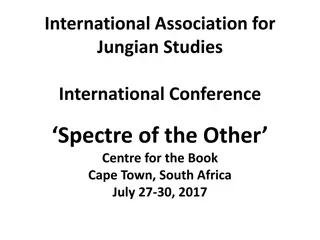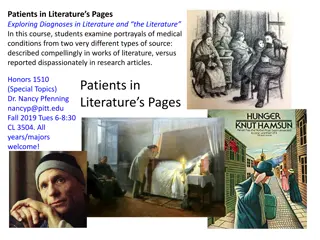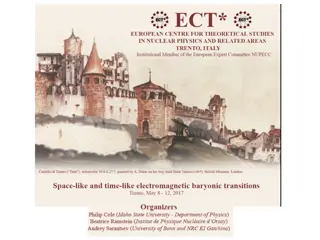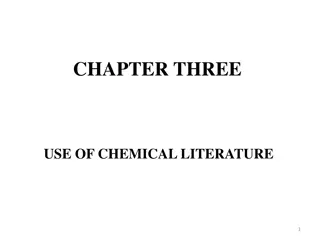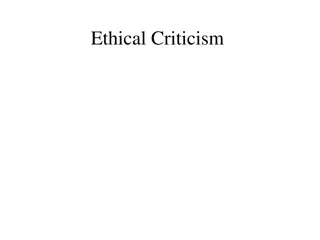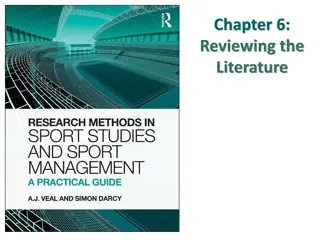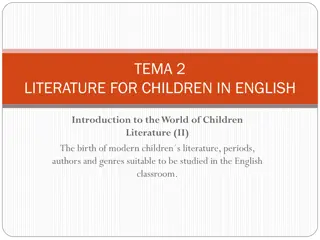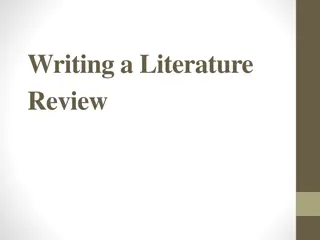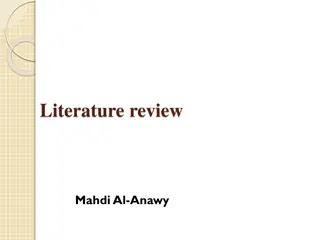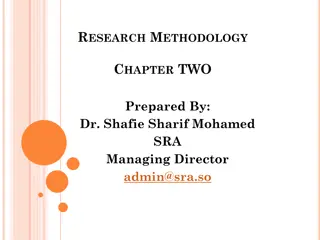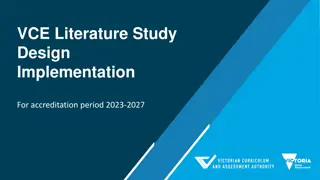Understanding Postcolonialism and Its Impact on Literature Studies
Postcolonial theory delves into the influence of colonialism on literature and academia, emphasizing the shift in national identities post-colonization. This theory examines the dynamics of power, resistance, and cultural dominance in the context of British colonial history, highlighting the reactions of subjugated cultures and the legacy of colonial institutions on literary studies.
Download Presentation

Please find below an Image/Link to download the presentation.
The content on the website is provided AS IS for your information and personal use only. It may not be sold, licensed, or shared on other websites without obtaining consent from the author. Download presentation by click this link. If you encounter any issues during the download, it is possible that the publisher has removed the file from their server.
E N D
Presentation Transcript
Definition Postcolonial theory examines the effect that colonialism has had on the development of literature and literature studies on novels, poems, and English departments within the context of the history and politics of regions under the influence, but outside the geographical boundaries, of England and Britain (Klages 147).
Colonialism and English British colonialism lasted from late 17thC to mid 20th C U.S. has unique history in regards to colonialism Former British citizens Succeeded in our own colonization project (subduing native population) Shifted national identification away from Britain and named ourselves something else (Americans)
Other British Colonies The colonized in other places were non-whites, non-Westerners Didn t rebel and form their own nations Colonization in these places depended on seeing the indigenous populations as inferior, as needing the advanced civilization offered by Western culture
Superstructure Capitalism an impetus for colonization new raw resources needed; new markets But not simply economic Colonizers also exported their legal, military, religious, and cultural institutions (What Marx called the superstructure)
Literature Inhabitants of India, China, Arab world, Africa taught that Chaucer, Shakespeare, and Milton were the greatest authors who ever wrote Originally, English departments designed to study and assert the mastery of English literature In this way, participated in the colonizing project Remember Eaglestone s discussion of English and the East India Company?
Henry Louis Gates, Jr. Strong connection between postcolonial theories and contemporary African American theories, since both look at how a white/Western culture came to dominate a non-white culture, and at how the subordinated culture reacted to and resisted that domination Colonized other learns to speak in a double-voiced discourse (both the language of the dominant culture and the language of the subordinated culture) from W.E.B. DuBois
Gates and The Signifying Monkey Within an African American cultural context, signifying a name for a particular linguistic practice (Gates examples: the dozens, calling out, rapping, and testifying) A type of verbal dexterity that comes from a specifically African and African American tradition
The Signifying Monkey Mythic, archetypal figure Africa Able to trick more powerful animals through his verbal skills Variants found in virtually all communities with African origins Demonstration of verbal mastery can be a mechanism for empowerment within communities where other forms of power political and economic are unavailable
Playing with Stereotypes Signifying monkey trope also plays on racist construction of Africans as like apes Thus takes a white, racist idea of blackness and renames it, signifies on it, so that monkey no longer means an inferior, but represents a person with verbal power and the ability to stir up conflict between those have more social power than he does (Like Queer Theory ?)
Disrupts Racial Binaries Signifying monkey, then, plays with language in order to undermine rigid systems of racial domination and subordination Example: Not Doctor Street in Toni Morrison s Song of Solomon
Postcolonialism and Orientalism For most former British colonies, postcoloniality begins in the mid-to-late 20th C when colonies fought for their independence Postcolonial theories begin to arise in the 1960s as thinkers from the colonies began to create their own discourses to challenge the discourses of colonialism Subaltern = the subordinated non-white, non-Western subject of colonial rule
More on Race Postcolonial theory concerned with examining how the colonizing powers persuaded the colonized people to accept a foreign culture as better than their own indigenous forms Frantz Fanon: Black Skin, White Masks Colonizers brought racial binaries Many scientists argue that race as a genetic or biological construct doesn t exist Connections between physical characteristics and cultural conceptions (and misconceptions) of race are arbitrary
Edward Said Uses the term Orientalism to refer to the discourse that the West produces to refer to the East Western knowledge about the East comes from preconceived myths and stereotypes that see all Easterners as fundamentally alike and fundamentally different from Westerners The West projects what it considers negative qualities onto the East
Again, Binaries East Opium-smoking Heathen Mysterious Exotic Feminine Weak West Sober Christian Known Familiar Masculine Strong
The Empire Writes Back Postcolonial literary studies focus on what happens when the formerly colonized culture starts to produce its own knowledge about itself What happens when The Empire Writes Back Yet difficulties in doing so Usually must use language, education of the colonizer
Homi Bhabha and Hybridity First, brief review of some theories of identity: Humanist model: identity is unique, consistent, innate Poststructuralist model: identity is socially constructed (sounds deterministic
Identity is Overdetermined Important to remember that we are all constructed by multiple discourses We can believe things that may be opposite or contradictory Thus, no predicting what someone will say, believe, or do in any specific situation So, almost like having the free will and creative uniqueness we valued so much in the humanist model?
Back to Homi K. Bhabha Interested in hybrid identities Deconstructs national identity the idea of a nation is a fiction, an imagined community Creation of Israel, for instance, or Arab States While economics and politics can hold a nation together, Bhabha interested in forces that destabilize ideas of unified nations What happens to those who are excluded? (Homeless, refugees, different ethnicities, etc.) Literature previously defined by nationality needs to incorporate the transnational, postcolonial, hybrid experience
